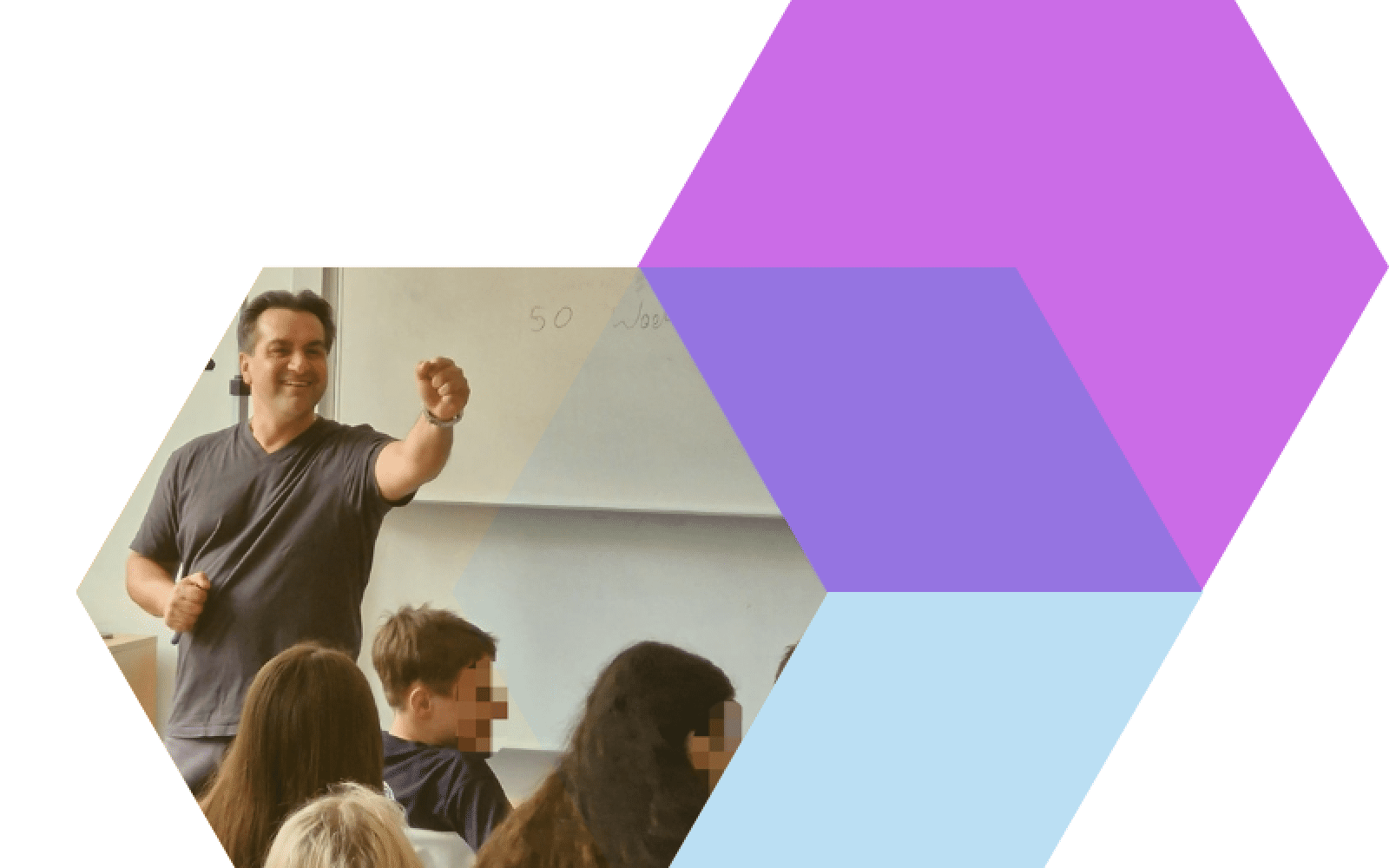On April 28th, Ashoka, in collaboration with the World Faiths Development Dialogue, the Berkley Center for Religion Peace and World Affairs, the SIPS Fund, the Beeck Center for Social Impact and Innovation, and the Center for Social Entrepreneurship at George Mason University organized a morning event at the Advisory Board Company in Washington, D.C. The event featured social entrepreneurs who have been inspired by their faith as well as those who are working to tackle faith-related issues.
Shared Attributes: Motivation, High-Trust Networks, Leadership Discourse
“Faith, compulsion, miracles, and the readiness to change the world are the drivers of social enterprise,” shared Jeffrey Solomon, president of the Andrea and Charles Bronfman Philanthropies, to kick off last month’s event. Even though the goals of religion and social enterprise are not always coextensive, several religious dimensions underlie social entrepreneurship, including institutions, high-trust networks, motivation, leadership discourse, and local leaders.
During an ‘a-ha!’ moment, a powerful force takes over the entrepreneur, controlling her ideas and guiding subsequent actions. More and more, we find that qualities such as empathy, social-emotional connection, teamwork, and creative problem-solving are upheld as commonly held ‘changemaker’ skills in the 21st century. Identifying with this notion, Ashoka Fellow Fletcher Harper, Episcopalian priest and Founder/Executive Director of GreenFaith, a national interfaith environmental coalition, revealed on the morning’s panel how his own profound religious experience had occurred outdoors, compelling him to recognize the sanctity and divinity of nature and the environment—in other words, to empathize with everything that surrounds him. In this way, the seemingly disconnected worlds of faith and social development collide, and religious rituals like prayer can serve as tools for reflection and empowerment.
A History of Connections Between Faith and Entrepreneurship
Historically, religious groups have often had strong links with entrepreneurial activities. Religious institutions have played important roles in shaping the actions of religious members and philanthropists through networks and leadership discourse. In early 19th century England, a combined canal and railway plan had garnered some support from the community, but progress stalled during the post-Napoleonic war. Both plans gave the coalfields access to the ports and the London coal trade, making them very attractive. Eventually, the rail tramway scheme received sufficient financial backing while the canal scheme failed to gain the necessary support. The major investors for the rail tramway were local Quakers: the extensive Quaker network from outside the region (London, Norwich and Whitby) provided about one third of the initial investment required. A risky new venture—a new railway—secured funding due to the trust and kinship ties within the Quaker network. By 1822, of the 19 major shareholders (those owning more than 5 shares), about 12 were Quakers.
It is not so much that the religious beliefs of Quakerism that led directly to entrepreneurialism—but rather that the institutional facets of the Quaker community help create a high-trust financial network, which significantly enhances the capacity to support entrepreneurship.
Tuned into Community
Joining Fletcher was Mark Hecker, an educator, advocate, activist, and Founder/Executive Director of Reach Incorporated. Mark works to support students who have experienced profound hardship and is a member of the Quaker community—even though he hesitates to identify himself as a faith-based entrepreneur. Instead, he offers an interesting alternative perspective on social enterprise, wherein he reveals that one of the most frustrating things about the sector is the hard line between the “helper” and the “helped”. For Mark, the entrepreneur is embedded in the very society she is seeking to help. Markets overvalue speed and size and often focus too much on these factors, which can be dangerous to social entrepreneurs who are effective and attuned to the needs and problems within the community in the long-term. Perhaps that is what sets the Quakers apart as a community enabling social entrepreneurship. They may be slow and often silent, but careful thinking and active listening are, according to Mark, essential qualities valuable for every social entrepreneur.
Thank you to Jeffrey, Fletcher, Mark, as well as Nancy Chan of Idea Catalyst and Arabella Advisors, Afeefa Syeed of USAID, Emad Rahim of Oklahoma State University, and more than 70 business, nonprofit, and faith leaders for joining us last month and helping get this much-needed conversation more into the public domain. After all, owning your faith in your life’s work is all about bringing your authentic self to it.
